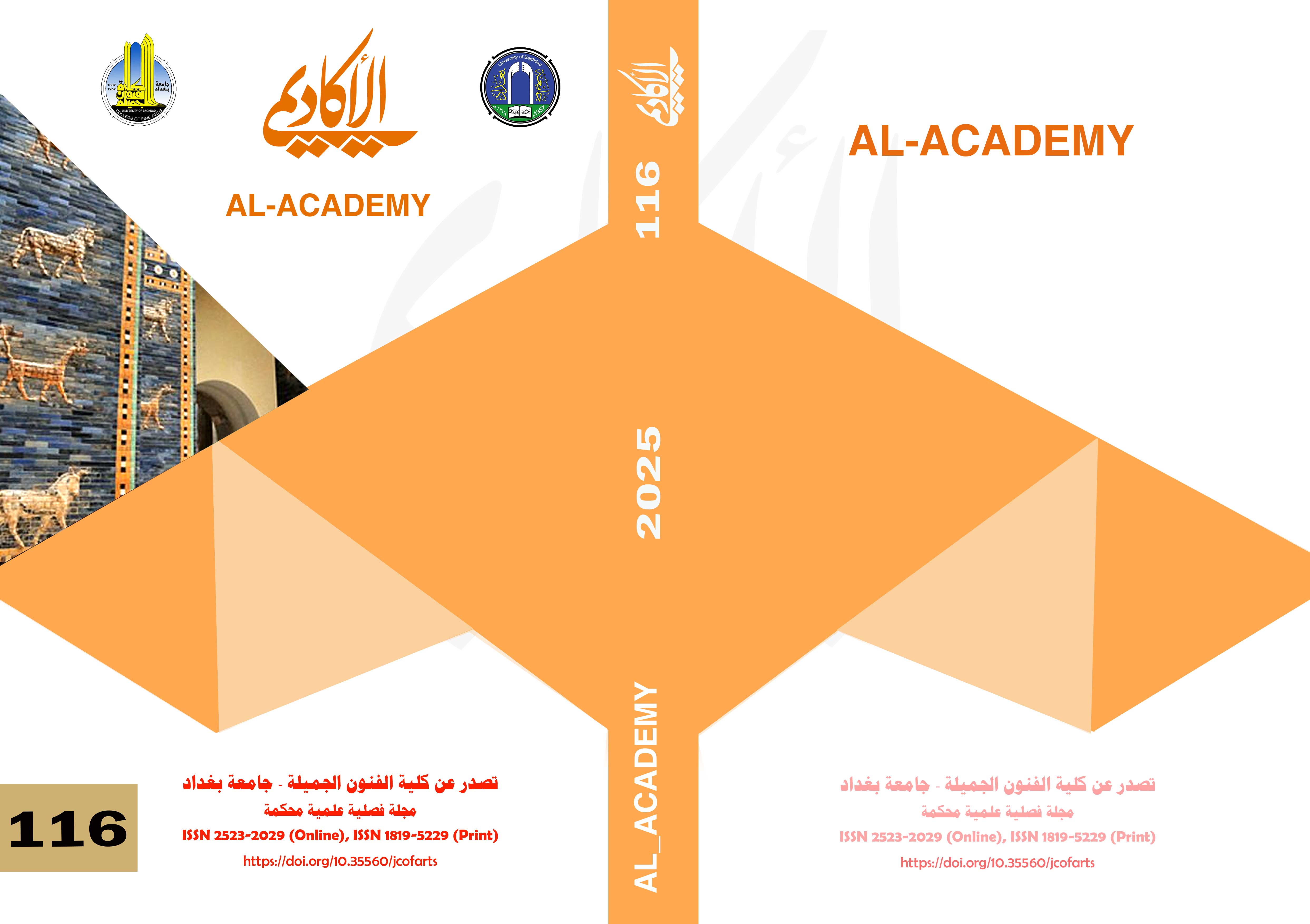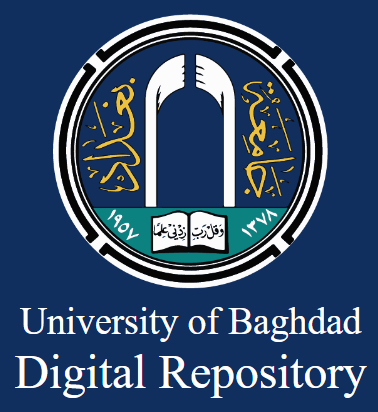Counter-drama of cinema and television and its ideological work on misleading values
DOI:
https://doi.org/10.35560/jcofarts1602Keywords:
counterattack, ideology, misinformation, valuesAbstract
Cinema and television are considered among the most important media influencing societies and peoples through the use and use of elements of cinematic language, simulating all aspects of real life, or simulating the world of imagination and hypotheticals, and embodying them through sound and image in accordance with aesthetic and expressive techniques Preparing ideological messages addressed to the recipients, the aim of which is to convey political or social viewpoints to create influence through intellectual communication through artistic productions in cinema and television, transcending the boundaries of time and place, and with the breadth of the horizon and its speed of spread in terms of employment through satellite broadcasting and global Internet channels. Among them is the ideological intellectual work in the work of counter-cinema that relies on falsification and distorting the reputation and values of the target. Among them are the efforts to falsify authentic Arab values and target them through artistic productions and work to retaliate against them through cultural communication through cinema and television to give an image that contributes to distorting facts and transmitting traditions, cultures and history. fake and misleading, It is consistent with the goals of the creator of the work through events that influence and shape social values and emulate global public opinion with what is made in the production machine and the film industry, which sheds light in a way that is different from the facts. It is then a cultural and artistic means of disseminating ideas among different peoples through the elements of the moving image and the flexibility it possesses in translation and dubbing techniques in all languages. And work to criticize societal values in their various titles and re-introduce new contexts that work to re-present a new ideological image that contradicts the original, across the temporal and spatial environment. As the research aims to study the topic in all its aspects, and from this standpoint, the researcher formulated the research problem with the following question: What are the uses and artistic treatments of anti-cinema and its ideological work on falsifying Arab values, as the importance of the research and the need for it lies in revealing the data and specificity of cinematic discourse through it. In addition to being a resource for students and researchers, Since it aims to reveal the artistic uses and treatments of anti-cinema and its ideological work on falsifying Arab values, the descriptive approach (content analysis) was adopted as it is more appropriate for achieving the goals and reaching the desired results
References
Abdullah, H. A. (2017). The strategy of employing smart power in American foreign policy after 2008. 3, 9.
Al-Dulaimi, A. Q. (2005). Technical methods in writing for radio and television. Baghdad: Dar Al-Safad for Printing and Publishing.
Al-Khawaldeh, M. M. (2003). Introduction to education (1 ed.). rdan: Dar Al Masirah for Publishing, Distribution and Printing.
Al-Mesir, A. M. (Port Said,). The political use of cinema in propaganda and media. Egypt: Labor University.
alrazaaq, a. a. (2011). new media. (1, Ed.) Baghdad: University House for Printing, Publishing and Translation.
Al-Shahf, F. H. (2015). Propaganda and media misinformation. Syria, 1: Dar Aladdin for publishing, distribution and translation.
Fulton, A. (1981). Cinema is a machine and an art. (2, Ed.) Cairo: Arab Center for Culture and Science.
Ibrahim, A. ( 2017). what is ideology? The science of ideas - the mother of ideas without knowledge. Baghdad: Center for Studies in Philosophy of Religion .
Ibrahim, A. (2017). What is ideology? The science of ideas - the mother of ideas without knowledge. (1, Ed.) Baghdad: Center for Studies in Philosophy of Religion.
Ibrahim, A. (2017). What is ideology? The science of ideas - the mother of ideas without knowledge. (1, Ed.) Baghdad: Center for Studies in Philosophy of Religion.
Kanaan, A. A. (1995). Children's literature and educational values. Jordan: House of Contemporary Thought.
Kaym, E. D. (2015). moral education. (M. Badaw, Trans.) Egypt: National Center for Translation.
salman, f. m. (2003). Educational contents in traditional theatrical texts presented to children in Iraqi theatre. Baghdad: Master's thesis .
Sharif, D. (1999). The kinetic qualities of time structure systems in the narrative film. Baghdad: College of Fine Arts, University of Baghdad.
Stolenitis, J. (1980). Art criticism - an aesthetic and philosophical study. (2, Ed.) Egyptian: Egyptian General Book Authorit.
Ventura, F. (2012). cinematic speech. (A. Al-Shannani, Trans.) Syria: General Establishment of Cinema.














